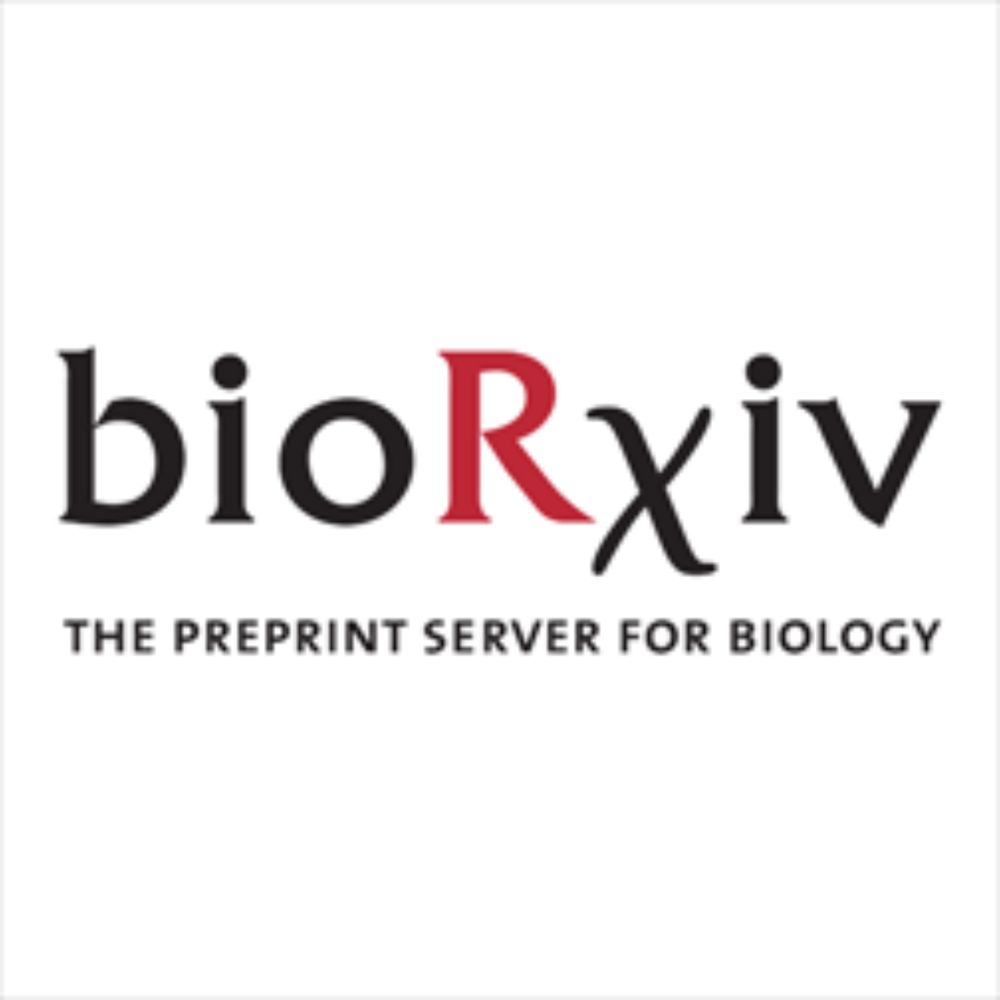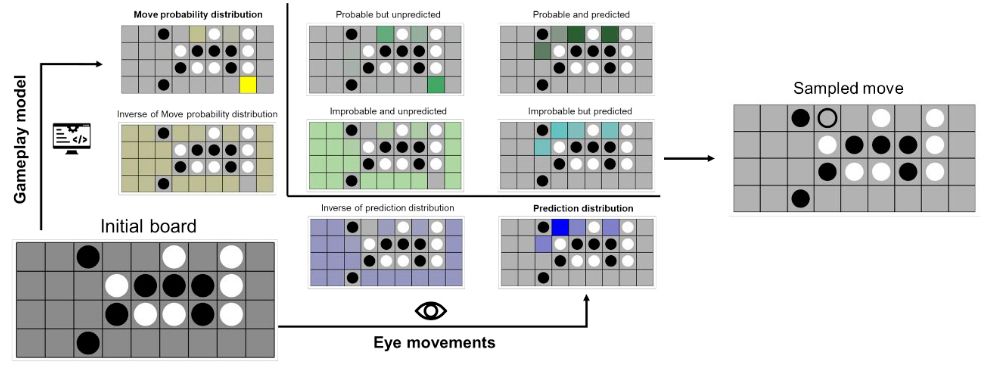Jiawen Huang
@huangjiawen.bsky.social
120 followers
200 following
11 posts
PhD student at Columbia w/ Chris Baldassano
I study memory & prediction with fMRI, eye-tracking, and games
Posts
Media
Videos
Starter Packs
Jiawen Huang
@huangjiawen.bsky.social
· Jan 27
Jiawen Huang
@huangjiawen.bsky.social
· Jan 27
Jiawen Huang
@huangjiawen.bsky.social
· Jan 27
Jiawen Huang
@huangjiawen.bsky.social
· Jan 27

Binding items to contexts through conjunctive neural representations with the Method of Loci
Schematic prior knowledge can provide a powerful scaffold for episodic memories, yet the neural mechanisms underlying this scaffolding process are still poorly understood. A crucial step of the scaffo...
www.biorxiv.org
Reposted by Jiawen Huang
Reposted by Jiawen Huang
Reposted by Jiawen Huang












